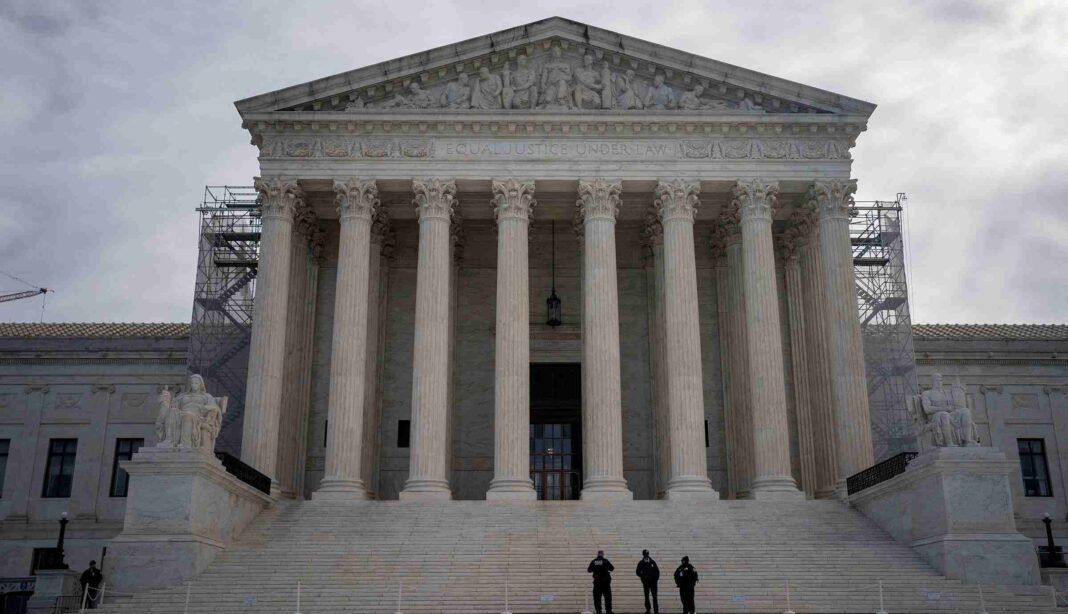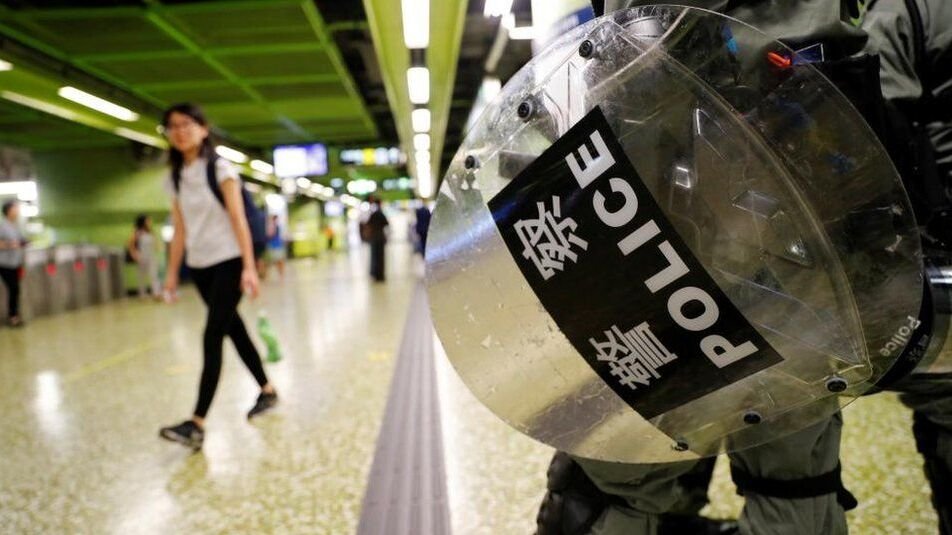The Supreme Court has taken a significant step by indefinitely halting Texas from enforcing a controversial immigration law. This law would have empowered state officials to apprehend and detain individuals suspected of entering the country unlawfully.
This decision, known as an administrative stay, will remain effective while the court reviews emergency appeals from the Biden administration and others. They seek to halt the law’s enforcement while legal challenges against it unfold. Notably, the court’s order does not specify an end date for this stay.
Justice Samuel Alito issued this order as he oversees matters stemming from the appeals court currently handling the case.
The law in question, Senate Bill 4, was enacted by Texas Governor Greg Abbott in December. Its immediate implementation sparked concerns among immigration advocates, who feared increased racial profiling and the potential for state-led detentions and deportation attempts, particularly in Texas, where Latinos make up 40% of the population.
Governor Abbott responded to the Supreme Court’s decision, noting that while enforcement of SB 4 has been temporarily halted, Texas retains its existing authority to address criminal trespass and other violations of the law. He emphasized Texas’s commitment to addressing what he termed the “Biden-made border crisis,” pledging to employ all available tools and strategies for this purpose.
The Justice Department has strongly opposed the law, arguing that it would significantly disrupt the longstanding balance of authority between the federal government and states concerning immigration matters.
“While opinions on immigration may differ, historical precedent is clear,” stated attorneys representing immigration groups and El Paso County in court filings. “For 150 years, the Supreme Court has affirmed that states cannot regulate fundamental aspects of immigration, such as entry and removal.”
Previously, a federal judge in Austin had blocked Texas from implementing the law. However, the 5th US Circuit Court of Appeals issued a temporary stay of this decision, allowing the law to take effect on March 10 unless the Supreme Court intervened. Subsequently, emergency appeals were filed, leading Justice Alito to issue the administrative stay on March 4.
In their arguments before the Supreme Court, Texas Attorney General Ken Paxton and other officials emphasized the state’s constitutional right to protect itself from transnational criminal activity. They portrayed Texas as on the front lines of defense against threats posed by violent transnational cartels, citing the influx of fentanyl, weapons, and other dangers across the border.
According to these officials, Texas has been left to confront the dire consequences of what they perceive as the federal government’s failure or unwillingness to secure the border effectively.




